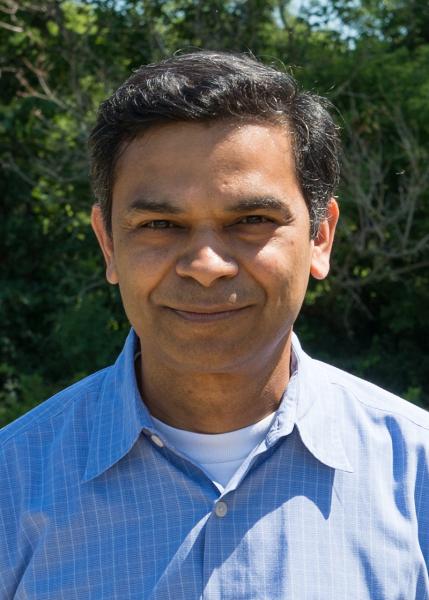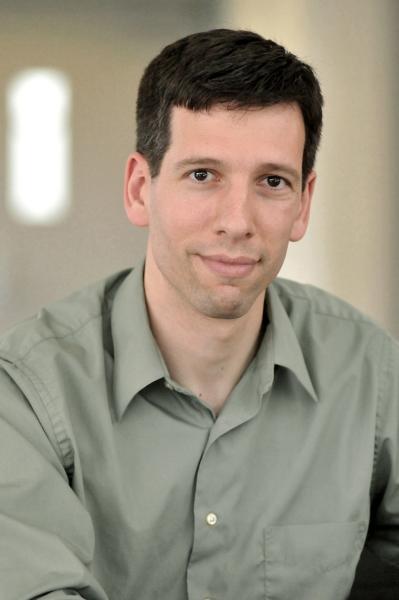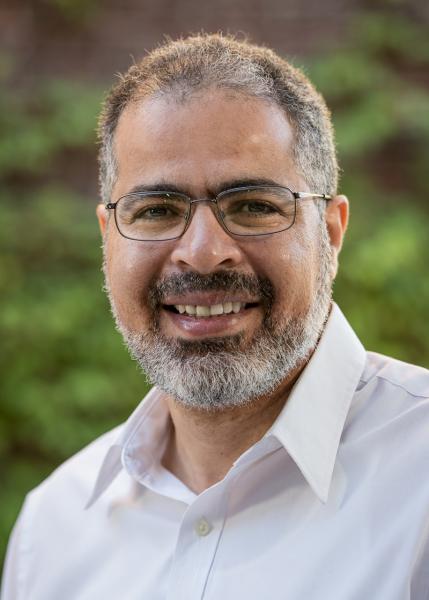This story was originally published in volume 8, issue 1 of Argonne Now, the laboratory’s semiannual science magazine.
Today’s question: How do we start tackling climate change?
Rao Kotamarthi, atmospheric scientist
“I’m a climate modeler, so we’re trying to pin down what’s happening and what might happen, and for that we take the math approach. We want to understand the processes that go on in the atmosphere so that we can forecast them. That means building detailed models of all the chemistry, biology, and physics that goes into the weather. But there are a lot of uncertainties we still don’t understand. If we collect as much data as possible to fill in those holes, we’ll be able to get information on what might happen and how we could mitigate the effects.” (For more information, check out “The Volcano of 100,000 Mouths.”)
Yoon Chang, nuclear engineer and Argonne Distinguished Fellow
“In my view, if we want to deal with climate change in a big way—not just nibble at the edges, but to fundamentally change how much carbon we emit—nuclear is the only large-scale energy option. We need something to replace coal, which has been our steady, reliable workhorse for more than a century, and nuclear is the only technology that is both low-carbon and can provide electricity on demand around the clock, in the amounts we need. Of course we should explore other sources, but the materials to build them also require carbon emissions; there’s no free lunch. There’s been some excellent research on this in the past few years. No matter how you look at it, nuclear energy is the answer.”
Seth Darling, scientist
“In terms of raw available power, solar energy could provide more carbon-free energy than all other renewable energy sources put together, and more energy than we will use worldwide for the foreseeable future. Actually, wind, hydropower, biomass, and wave energy are all just solar energy in disguise (fossil energy too!). By going through extra steps, you lose some energy. The solar technologies that you can buy today can go a long way toward combating climate change, but producing a major fraction of our energy mix from the sun will likely require new solar energy technologies and better batteries to store the energy when the sun isn’t shining—this is a major focus of research at Argonne and around the world.”
Amgad Elgowainy, energy systems analyst
“I conduct well-to-wheels analysis, which lets us compare the environmental impacts of different fuel and vehicle options (like biofuels and electric vehicles) over the entire lifetime of the fuel/vehicle systems. For example, does a biofuel actually reduce overall carbon emissions if you count emissions with fertilizer production, farming, harvest, fuel conversion, etc.? Or when we look at converting from gasoline to electric cars, are we really saving carbon emissions or just reshuffling the source of emissions to occur at the electric power plant? The well-to-wheels approach helps us make smart research and policy decisions.”
IMAGE GALLERY:



